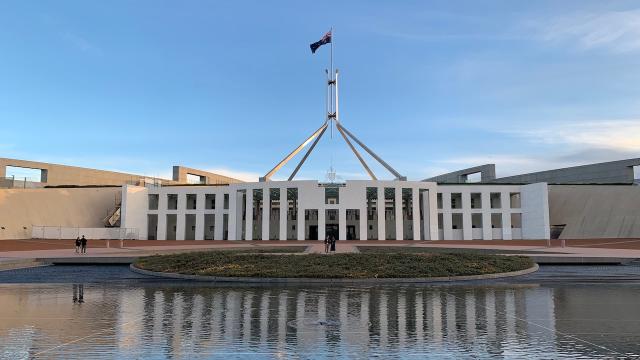A new report from a Senate committee has asked the federal government to take the potential threat of foreign interference campaigns on social media quite seriously.
Although Australia has not yet been the target of any large-scale, coordinated attempts, the Senate Select Committee into Foreign Interference through Social Media strongly believes that this is not a reason for inaction.
“It is possible, if not likely, that Australia will face such an attempt in the future,” it said.
“The consequences for Australia of a serious attempt could be severe in ways that are difficult to predict. Even a clumsy, unsophisticated effort runs the risk of undermining our ability as a nation to have the public discussions we need to deal with complex issues.
“Waiting for a serious attempt before acting would be a mistake.”
The Senate Select Committee into Foreign Interference through Social Media has been looking into, well, foreign interference through social media. Throughout its probe, representatives from the likes of Facebook, Google and TikTok testified before the senators, asked one by one how exactly they protect Australians from the threat their platforms face.
It wasn’t just the platforms, however, analysts and experts in the field also provided evidence for how government can better protect us all from misinformation.
Well, the committee on Friday handed down its first report on the matter. The whole thing is 101 pages and inside, it makes seven recommendations to the government.
The first one is what a lot of organisations (and platforms) have been calling for: one single government entity to lead accountability for cyber-enabled foreign interference. During a hearing in March 2020, I learned the massive web of who is responsible for this kind of thing and it’s quite messy, so this recommendation would allow just one entity to take helm.
This leads to another recommendation, that the government establish clear requirements and pathways for social media platforms to report suspected foreign interference, including disinformation and coordinated inauthentic behaviour, and other offensive and harmful content. The committee also wants the government to formalise agency powers around this. Also makes sense.
You might remember in February the Digital Industry Group (DIGI) launched a voluntary code of practice for tech companies to combat the spread of misinformation and disinformation in Australia. At launch, it was adopted by Google, Microsoft, Tik-Tok, Twitter and, ironically, Facebook.
There’s been a report on the effectiveness of this code hanging around the ACMA office for quite a while and in its interim report, the committee has asked it be released into the wild. “As a matter of priority”, actually.
There’s two recommendations for the Election Integrity Assurance Taskforce that you can click through to the report if you’re interested in learning more, but otherwise, the final recommendation is that the government to be transparent. That is, the committee wants Canberra to tell the public about cyber-enabled foreign interference in our elections.
“This committee believes that government must approach the problem of foreign interference through social media with urgency and seriousness in order to create the institutional architecture needed,” the report says.
“Unfortunately, the government’s actions so far have fallen short of this.”
